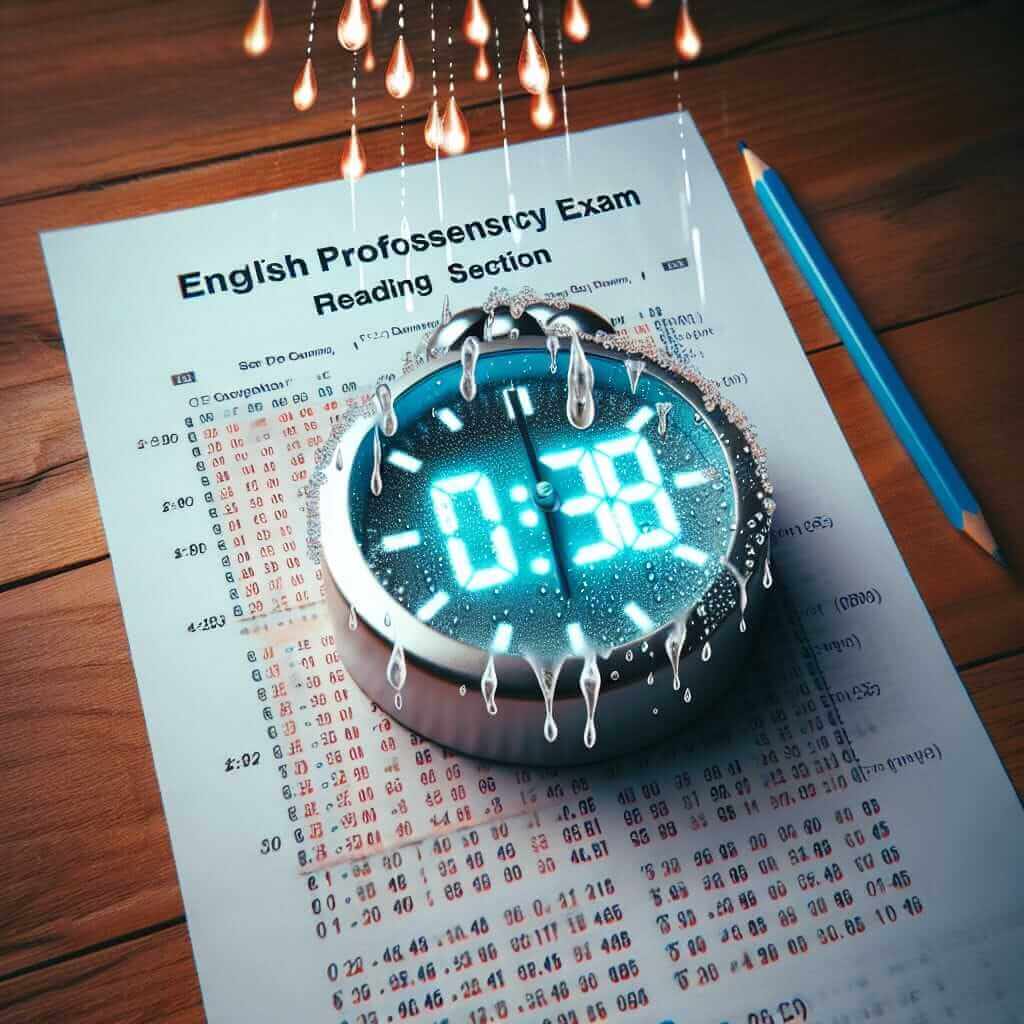As an IELTS instructor with over 20 years of experience, I’ve heard this question countless times: “Why is the IELTS Reading test so difficult?” It’s a valid question! The IELTS Reading section is notoriously challenging, even for native English speakers.
However, with the right strategies and consistent practice, you can absolutely conquer this section. Let’s break down the reasons behind the difficulty and, more importantly, how to overcome them.
Understanding the Challenges
The IELTS Reading test isn’t just about understanding English; it’s about understanding English in a specific academic context, under time pressure. Here’s why many find it challenging:
1. Unfamiliar Vocabulary and Complex Sentence Structures
IELTS Reading passages often feature academic language packed with complex sentence structures and vocabulary you might not encounter in everyday conversation.
2. Time Constraints
You have just 60 minutes to read three long passages and answer 40 questions. This requires rapid reading and information processing skills.
3. Variety of Question Types
The IELTS Reading test throws a mix of question types your way – multiple choice, matching headings, sentence completion, and more. Each requires a different approach and understanding of the passage.
4. Focus on Inference and Interpretation
The test goes beyond simply locating information. It often requires you to infer meaning, identify the writer’s opinion, and understand arguments – skills that take practice to develop.
Strategies for Success
Don’t let these challenges discourage you! Here are some proven strategies to boost your IELTS Reading score:
1. Enhance Your Vocabulary
Make reading a habit. Expose yourself to different English texts, especially those related to science, history, and social studies. Keep a vocabulary notebook and actively learn new words.
2. Master Skimming and Scanning
Practice skimming to grasp the main idea of a passage quickly. Then, use scanning to locate specific details without reading every word.
3. Analyze Question Types
Familiarize yourself with different IELTS Reading question types. Understand what each question asks and the strategies for tackling them effectively.
4. Practice Time Management
During your preparation, time yourself regularly to simulate exam conditions. Aim to complete each passage and its questions within 20 minutes.
5. Focus on Keywords
Learn to identify keywords in both the passages and questions. This will help you find the relevant information faster.

Example from a Real IELTS Reading Test
Let’s consider this question type: “Identifying Information (True/False/Not Given).”
Passage Excerpt:
“The invention of the printing press revolutionized the spread of knowledge, making books more accessible to the masses.”
Question:
The printing press made books cheaper to produce. (True/False/Not Given)
Analysis:
While the passage states that the printing press made books “more accessible,” it doesn’t mention anything about production costs. Therefore, the answer is “Not Given.”
Final Tips for IELTS Reading Success
- Practice regularly: The more you practice, the more comfortable you’ll become with the test format and the types of questions asked.
- Focus on understanding the overall message: Don’t get bogged down in understanding every single word. Try to grasp the main idea and key supporting details.
- Develop your reading stamina: The IELTS Reading test requires sustained concentration. Practice reading for extended periods to build your endurance.
Remember, the key to conquering the IELTS Reading test is consistent effort and the right approach. Believe in your abilities, stay persistent, and you’ll see positive results. Good luck!